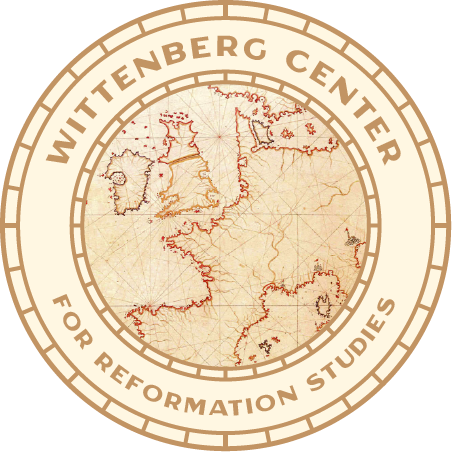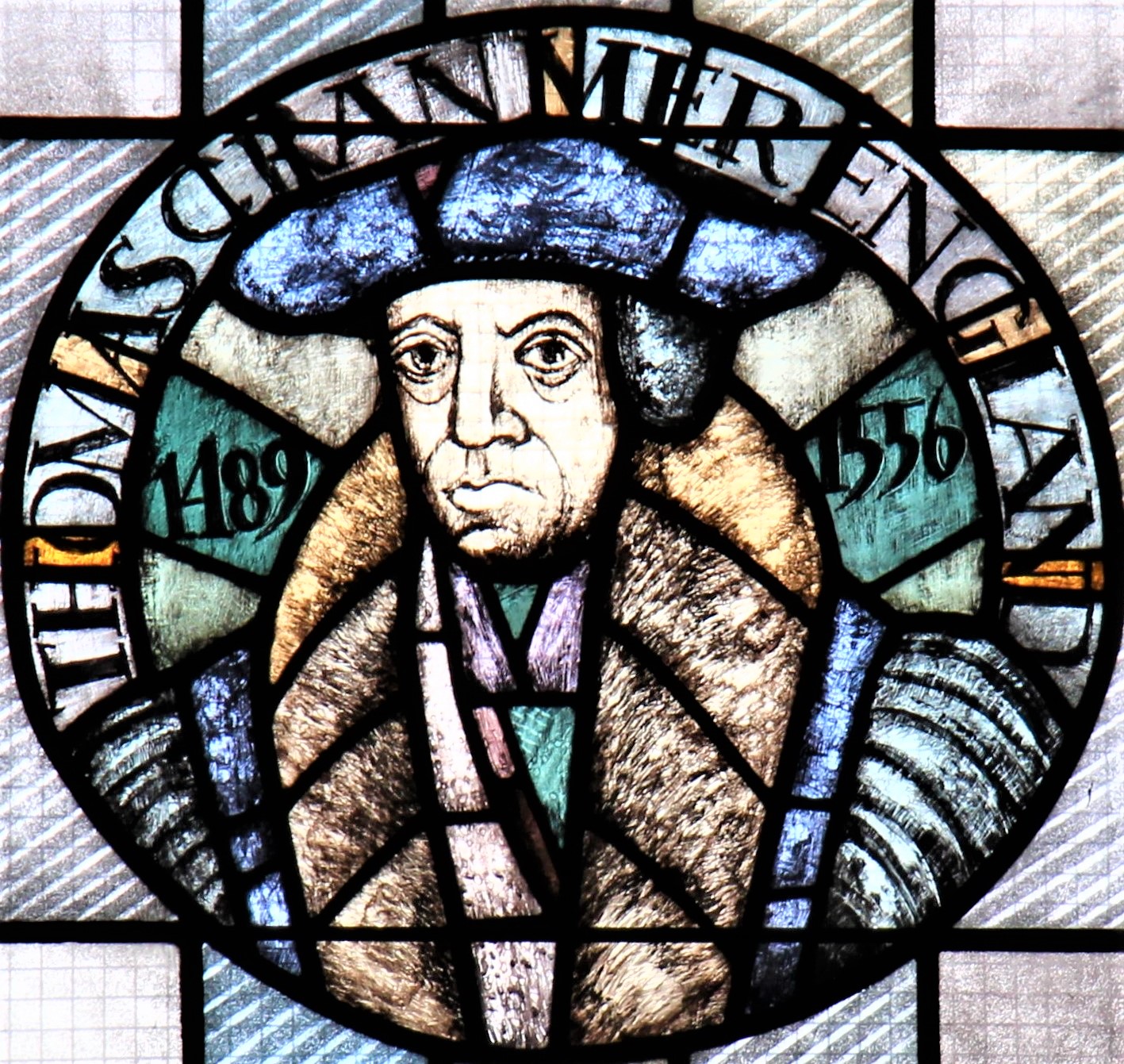The first week of the Summer Course focused on England and Scotland. WCRS Director Dr. Ashley Null immersed the Student Fellows in the history of the English Reformation, analyzing sources and discussing recent scholarship.
Student Fellows have access to the Reformation Research Library. Library Director Dr. Hein gave a tour of the library, which contains not only the Wittenberg University Library from the 16th to 18th centuries, but also sources and secondary literature from the 19th to 21st centuries.


A close reading of the sources led to a lively discussion of the relationship between medieval and Reformation theology and the development of Thomas Cranmer’s ideas on church reform in the 1540s and 1550s.
On Tuesday, Thursday, and Friday Dr. Ashley Null focused on the driving theological ideas of the English Reformation. He traced the development of affective biblical piety from medieval mysticism to the programmatic texts of the English Reformation: Book of Common Prayer, first Book of Homilies, and 42 Articles.


The first week of coursework moved from the sixteenth-century emphasis on the Word of God to the missionary efforts that globalized the Reformation. The balance of divine and human agency recalibrated by the 16th-century reformers is summarized in Martin Luther’s 1522 ‘Invocavit Sermons’:
“All in all: I want to preach it, I want to say it, I want to write it – but I do not want to compel or press anyone by force. For faith wants to convince voluntarily and without coercion. Take me as an example. I have fought indulgences and all papists, but without force; I have interpreted, preached and written God’s word alone, otherwise I have done nothing. This word did so much to make the papacy so weak that ever a prince or emperor did so much harm to it, while I slept or drank Wittenberg beer with my Philip and Amsdorf. I have done nothing, the word has directed and accomplished it all.”
On Tuesday, July 16, Research Fellow Prof. Torrance Kirby (McGill University, Montreal) introduced himself to the Student Fellows with a fascinating talk on the impact of Erasmian humanism on the early Reformation: “The Egg that Luther Hatched: The Hermeneutics of Desiderius Erasmus”. Erasmus’ programmatic writings “Enchiridion militis christiani” (1503) and “Novum instrumentum omne” (1516) outlined a program of hermeneutics and renewal that influenced not only Martin Luther and the German Reformation, but also the English reformers.



